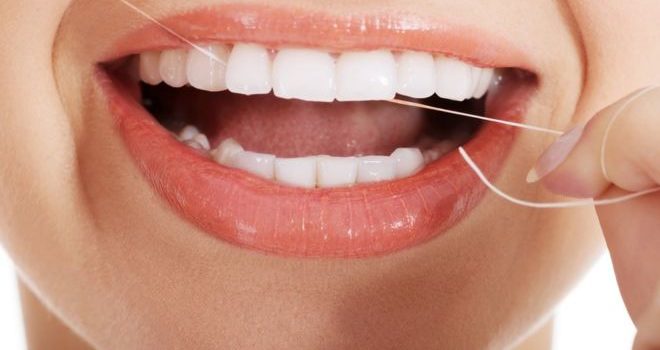 Dental Health
Dental Health
The Future of Your Teeth Depends on Flossing
Recently, media outlets were buzzing with the news that flossing, as it turns out, isn’t as impactful on oral health as your dentist would have you believe. Like much media hype, this particular news flash is more rumor mill grist than real deal.
No doubt plenty of people were breathing sighs (smelly ones) of relief, enjoying a false sense of security about their routine failure to floss. Maybe you were even one of them. I knew it, you might have thought. Waste of time. But, you thought wrong. Flossing is a critical step to smart oral care. Skipping it has consequences you will certainly want to avoid. Here, we give you the 411 on flossing.
Banish Bacteria Thanks to These Threads
Bacteria love to hide. Don’t all troublemakers? Can you imagine their favorite hiding spot? Right between your teeth, exactly where your toothbrush can’t reach them. Securely tucked in between each tooth, this bacteria, which starts as tartar, settles in and eventually hardens into what is called plaque.
In its tartar form, the bacteria are soft and sticky, so they are easy to shift from between your teeth with a simple strand of floss. But, only a dental professional can successfully remove plaque. Scrape, scrape! Even worse, once firmly established as plaque, the bacteria create an acid, which then aggravates your gums, leading to cavities and, ultimately, gum disease.
Understanding Gum Disease
At the early stage, gum disease presents as gingivitis, or swollen gums. This swelling and inflammation can extend deep beneath your gum line, which results in periodontis, an advanced gum disease accompanied by the potential loss of your teeth and supporting bone.
Floss to Put Your Best Face Forward
It’s easy to see how gum disease can ruin your smile, especially when you think about swollen gums and a receding gum line. But, the bone loss associated with gum disease can actually make you look older. The bone structure supporting your teeth also supports the lower half of your face. In order to maintain a youthful appearance, you want to take care of that bone structure by keeping the bones supporting your gums healthy.
No Arguing with These Numbers
For those of you who need proof provided by numbers, check out these flossing figures. An estimated 40% of the cleaning required to rid your teeth of plaque comes from flossing. So, practically half the effort is all on flossing.
But, how did dental professionals arrive at 40%?
Well, each tooth in your mouth has five surfaces. By only brushing your teeth, you’ve cleaned three of them. Three out of five equals only 60%, which explains the missing 40%, which shouldn’t be missing in the first place, if you take the three minutes to clean your teeth properly. In fact, dentists recommend flossing first – sweep those bacteria out of their hiding spaces and then brush them away.
Say “Hello” to Better Health by Flossing
Flossing on a daily basis not only supports optimal oral hygiene, but also benefits your health overall. As if the bad breath, dirty teeth, and swollen gums weren’t enough, failure to floss could lead to disease in other parts of your body – like your heart. The Centers for Disease Control assert that the bacteria resulting from lackluster (read: lazy) oral hygiene can contribute to heart disease, respiratory issues, and even diabetes.
The evidence behind these findings is so compelling that in 2003, the CDC officially announced an initiative to educate the public on the correlation between oral and overall health.
Floss for a Healthier Bottom Line
No, not that bottom. Flossing and practicing healthy oral hygiene habits can save you some serious money on dental appointments. Not to mention time spent in the dentist’s chair. Use these threads to string a few extra bucks together and enjoy some extra time to yourself.
Feeling a little guilty about your failure to floss? No one has to know, though it will be tough to pull one over on Nancy. Start a new chapter of better flossing habits by calling Karen to book your next cleaning.
And remember, floss is your friend.

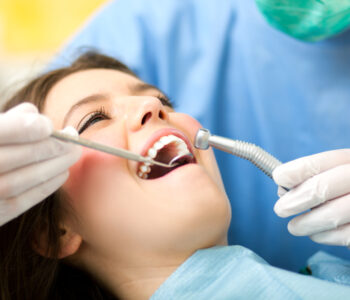
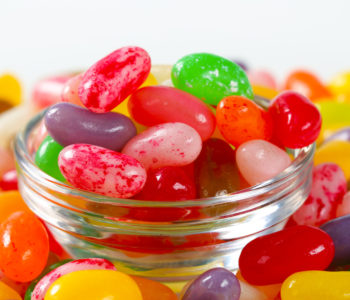
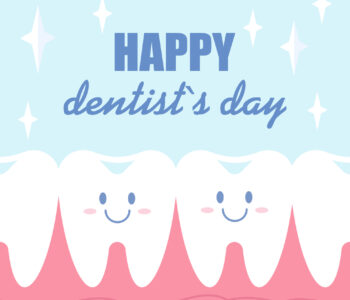




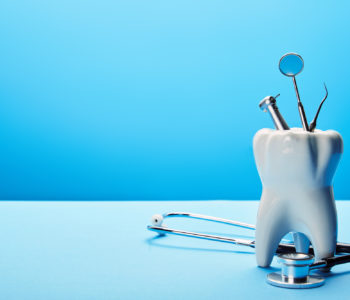
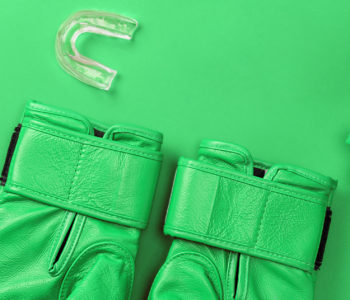
2 COMMENTS
[…] The scrape, scraping sounds simply signal the scaler doing its job – ridding your teeth of plaque and tartar buildup; the more tartar you have, the longer the symphony of scraping will continue. So, if the scrape of the scaler is, for you, akin to nails down a chalkboard, make a mental note to get serious about brushing, but especially flossing. […]
[…] and the general wear and tear on tooth enamel. You engage in preventative dentistry every time you floss and brush your teeth, rinse with mouthwash, and make smart decisions, like avoiding sugary snacks and beverages. A big […]